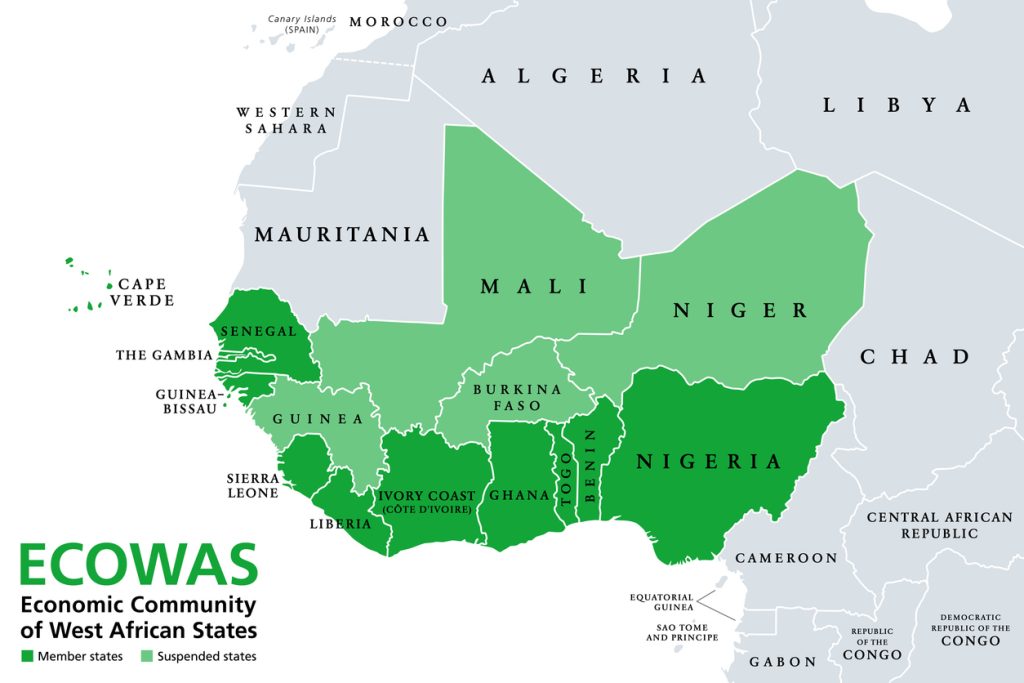The ECOWAS Trade Facilitation Index is a powerful public tool designed to simplify and standardize trade procedures across West Africa. It helps businesses, governments, and logistics providers understand the administrative burden of trade—like clearance steps, documentation, costs, and processing times—for key traded goods. This transparency supports better decision-making and targeted reform.
Key Features of the Index
- Step-by-Step Trade Guidance: Offers detailed workflows for import, export, and transit procedures, showing where to go, what to submit, fees, legal references, and even complaint channels for countries like Nigeria.
- Real-Time Comparative Data: Displays the number of steps, required documents, costs, and duration for trade across ECOWAS member states, enabling cross-country efficiency tracking.
- Supports NTFCs: Assists National Trade Facilitation Committees in aligning with the WTO Trade Facilitation Agreement, enabling progress monitoring at both national and regional levels.
Broader Context: ECOWAS Trade Facilitation in Action
Trade Facilitation in ECOWAS: Programs & Impact
- The Trade Facilitation Monitoring System (TFMS) offers dashboards and analytics for member-state performance, tracking implementation of measures like border compliance and digitization.
- The Trade Facilitation West Africa (TFWA) Program, led by ECOWAS, EU, USAID, and others, aims to reduce trade time and costs for businesses—especially small-scale and female traders—through corridor optimization and capacity building.
- Key strategies include simplifying customs procedures, installing Joint Border Posts (JBPs), adopting ECOWAS Common External Tariff (CET), and implementing the ECOWAS Trade Liberalisation Scheme (ETLS).
- Efforts also center on enhancing institutional capacity, such as improving Nigeria’s National Trade Facilitation Committee to align reforms with national development goals.
Economic Significance
- Streamlining border and documentation processes across coastal ECOWAS members could yield annual welfare gains of USD 1.6 billion to USD 2.7 billion, equivalent to 0.24–0.42% of combined GDP—significant when compared to health and education budget.
- Though ECOWAS’s Logistics Performance Index (LPI)—a broader indicator—averaged 2.5 (rank 98) in 2023, highlighting regional challenges in logistics compared to other African regions.
- Research also shows that while trade facilitation supports economic growth, its impact in ECOWAS is most effective when combined with appropriate government capacity.
Final Thoughts
The ECOWAS Trade Facilitation Index plays a pivotal role in promoting smoother regional trade by exposing bottlenecks, promoting transparency, and guiding reform. When supported by initiatives like TFWA, NTFC strengthening, and strategic policy tools, these efforts are key to boosting ECOWAS’s trade efficiency and economic integration.







